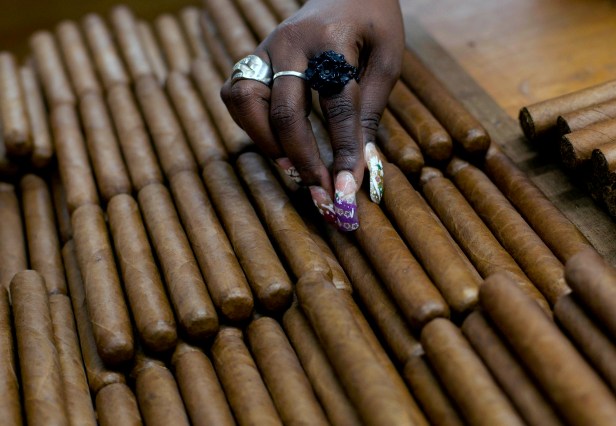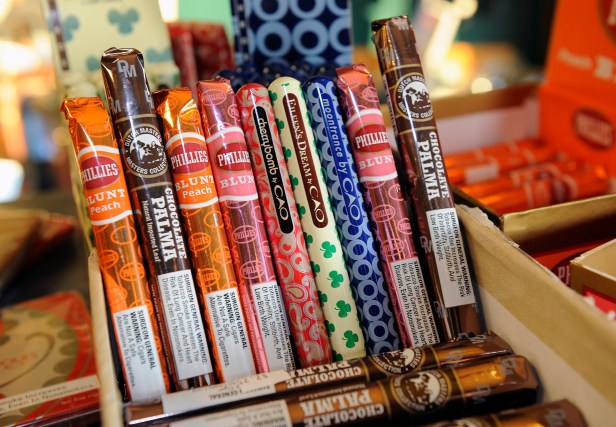The Food and Drug Administration is putting the squeeze on J.C. Newman Cigar Co. — a 119-year-old family owned company — with the rules and regulations in Florida, which could lead the company to close down.
Videos by Rare
“Founded in 1895 by Julius Caesar Newman, a Hungarian immigrant, the Tampa-based family business is the last of what was once 150 ‘Cigar City’ factories,” Watchdog.org reports.
Food for thought: the business has survived through two world wars, the Great Depression and 19 different U.S. presidents.
The FDA has deemed that J.C. Newman’s cigars do not qualify as “premium cigars” because they sell for less than $10. The cheap price is a testament to good business practices — supported by the longevity of the company — not necessarily the quality of the cigars.
In other words, the FDA is imposing a “one size fits all” regulation that literally penalizes J.C. Newman for being good at business.
What’s more, it’s a way of artificially raising prices simply to kill a business type the government doesn’t support.
“It’s totally unfair the way the U.S. Food and Drug Administration is approaching us,” Eric Newman, the cigar company’s president, told Watchdog.org. “Cigars are to Tampa what wine is to Napa Valley and what automobiles are to Michigan,” he said.
“If you know anyone whose family has been in Tampa for three or four generations, chances are someone was working in the cigar industry because they were the only jobs around,” he added. “Not everyone has $10 or more to spend on a cigar,” Newman said. “It takes us four months to teach a cigar maker how to use our hand-operated machines. We’re making cigars the same way my grandfather made them after in the 1930s.”

Despite the quality of their tobacco and their traditional hand-rolling methods, J.C. Newman’s cigars do not qualify as “premium” because they cost less than the arbitrary price threshold of $10.
In fact, the hand-rolling technique might not even be FDA approved, as per new requirements laid out in a 67-page legal proposal. The proposal will require the company “Obtain federal approval before offering any new cigar product,” “Submit every type of cigar sold to rigorous scientific review,” and “Comply with new manufacturing practices.”
Those manufacturing practices include paying a “fee in the hundreds of thousands of dollars, effectively paying the FDA to regulate it,” Watchdog.org reports, and “thousands of hours, according to an FDA analysis, to test new products before submitting an application to sell a single new brand or size of cigar.”
A so-called “gatekeeping role” will also include “requiring cigar manufacturers to spend thousands of hours, according to an FDA analysis, to test new products before submitting an application to sell a single new brand or size of cigar. New packaging on an existing cigar also would require FDA approval, and the tightened manufacturing practices could prohibit J.C. Newman’s vintage equipment.”
“The worst case scenario is that the regulators will prevent new products from entering the marketplace,” Newman said. “Eighty percent of what we sell today we didn’t 10 years ago. New products are the key to every business in the country.”
What’s most humorous, perhaps, about all of this is that Eric Newman recently met with FDA officials, presented one of his “non-premium” cigars and one from somewhere else that would be exempted from FDA scrutiny and they couldn’t even tell the difference.
Regulators don’t know anything about what they’re regulating — are we surprised?
If this is really all about keeping children from becoming more interested in smoking cigars due to low prices — which doesn’t really seem to be the case — then perhaps the FDA should take a look at this first:



